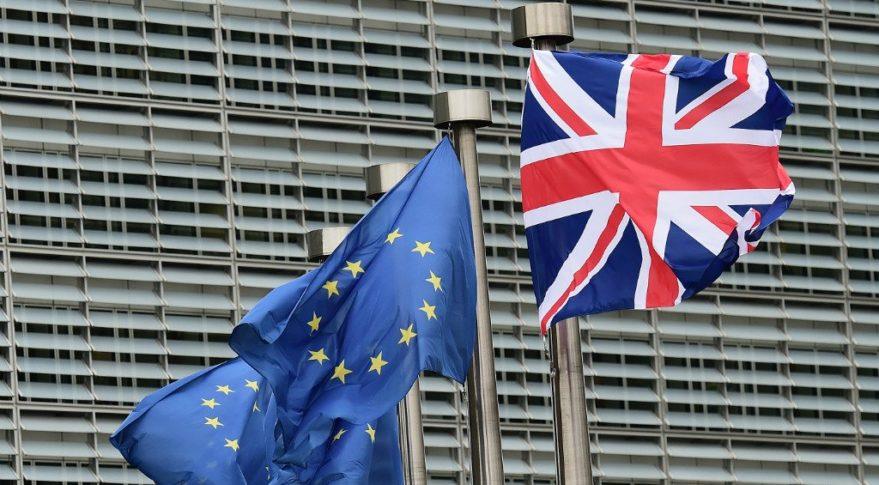LONDON, Nov. 27 (Xinhua) -- Britain launched an industrial strategy on Monday as it prepares to leave the European Union and faces uncertain economic prospects.
The country's business secretary Greg Clark said the flagship strategy could boost the economy, build on Britain's strengths and embrace the opportunities of technological change.
The launch of the strategy came as the government announced it has secured an investment by world-leading life sciences company MSD. The investment is said to support a new research facility in Britain, creating 950 jobs.
German company Qiagen announced an expansion of its genomics and diagnostics campus in Manchester which will see 970 million U.S. dollars invested over three years in new Industrial Strategy Challenge Fund programs.
The fund is created to respond to some of Britain's greatest global challenges and opportunities after Brexit.
The strategy will take advantage of global trends to put Britain at the forefront of the industries of the future, according to the Department of Business, Energy and Industrial Strategy (DBEIS).
Clark set out an action plan on how Britain can build on its economic strengths, address its productivity performance, embrace technological change and boost the earning power of people across Britain.
Clark considered his country to be "well-placed to benefit from this new industrial revolution" and starting "from a position of significant strength."
Prime Minister Theresa May said the strategy will support businesses in seizing opportunities such as artificial intelligence and big data, while making sure young people have the skills to take on the high-paid, high-skilled jobs this creates.
Annual gross domestic product (GDP) growth in Britain, according to the Organization for Economic Cooperation and Development (OECD) figures released on Monday, was 1.5 percent, the slowest rate of growth in the club of seven rich nations, namely Canada, France, Germany, Italy, Japan, Britain and the United States. Britain has slipped from second highest in the group's growth rankings in 2016 to bottom now.





